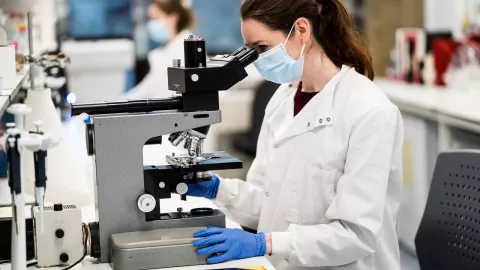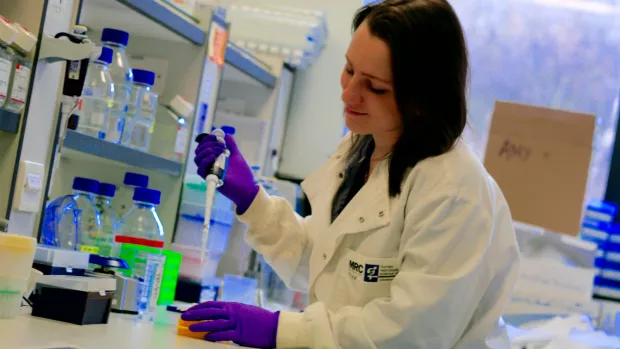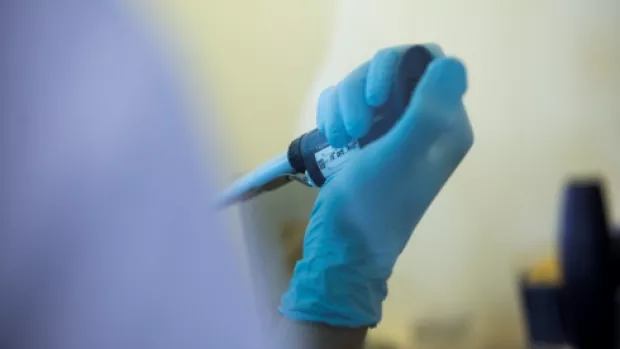
What is good research?
Research based on scientific evidence, where a treatment is rigorously tested in clinical trials with large numbers of people, is the best way of finding out whether a treatment is having a real effect, and whether it is safe.
The placebo effect
The placebo effect is a well documented phenomenon. Research has shown that when people take a ‘dummy’ treatment that they think might work, some of them will experience an improvement in their condition. This improvement in symptoms is known as the placebo effect.
Doing controlled clinical trials is the best way to determine whether a treatment has a true effect on people (rather than a placebo effect).
Anecdotal evidence
Anecdotal evidence (what people say) can seem very convincing, especially with the increase in the number of people posting videos on the internet before and after having treatments.
However, there are several reasons why anecdotal evidence is not considered as reliable as data from clinical trials:
- We have no way of knowing how many people are seeking treatment, whether the treatment they are getting is the same across the board, or how many people undergoing treatment are reporting improvements in their symptoms
- We have no information about the short or long-term safety of treatments For everyone who has reported benefits of how their symptoms have improved, there may be 5 or 10 who have not noticed a difference or have gotten worse
- We don’t know how long improvements last, or if they are due to a placebo effect
The only way to safely say if a treatment is effective and safe is through a properly regulated clinical trial. A treatment is considered unproven until it's been through properly regulated clinical trials.
Scientific journals and peer review
Research published in most scientific journals is 'peer reviewed', meaning it must pass the scrutiny of independent reviewers with experience in the field.
They assess whether it is valid, significant and original work, how the study was designed and whether it supports the conclusions put forward by the researchers.
This process is widely regarded as the international gold-standard for making sure that published research is of the highest quality. When reading news reports or online post about the latest research it can sometimes be helpful to refer back to the original paper, to see exactly what the scientists themselves said.
Many newspapers and bloggers are getting better at providing links to their sources so you can check whether claims have been exaggerated or distorted from what was published under peer review.
Weighing up claims for yourself
Claims for new treatments for MS often appear in the news. But often the evidence for these claims is unreliable, making it can be hard to decide what to believe.
The booklet 'I’ve got nothing to lose by trying it' has been produced by Sense about Science in partnership with people living with challenging conditions like MS. It includes their experiences and ideas of what questions to ask yourself when something sounds too good to be true.



